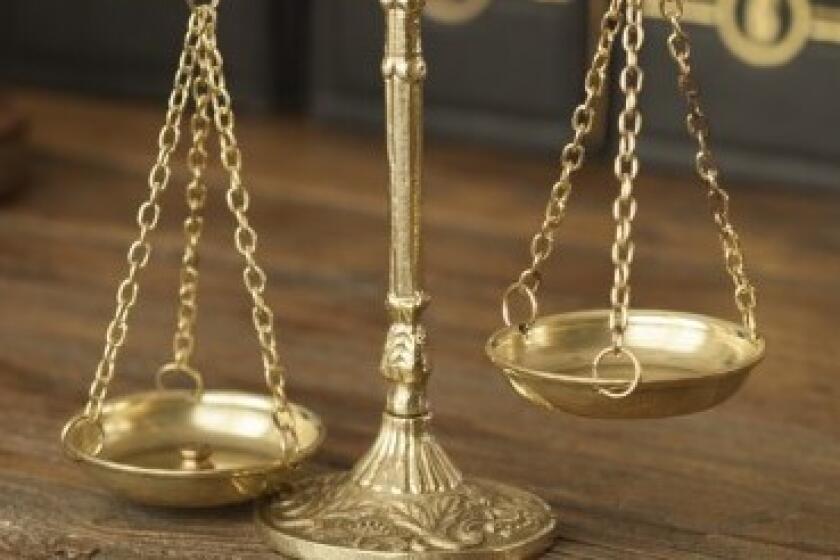Tune in, turn on, tap out
- Share via
Elia Powers
The last place Tommy Tune needs to be is on an elevated stage.
At 6 feet 6, he already towers over audiences, leading to
collective neck-craning for those in the front rows.
But on a stage is the only place Tune wants to be.
His acting-singingdancing-choreographing -directing career has
centered on live performance, and Tune takes full advantage of his
resources. During shows, he is known to take questions from the
crowd.
“I like the live audience,” said Tune, a Texas native who has held
onto a slight twang. “I put it out; they send it back.”
Tune, 66, is a regular at the Orange County Performing Arts Center
and said he is enamored with Segerstrom Hall’s physical layout.
“It’s an interesting design, very asymmetrical,” Tune said. “It’s
a vast place, but standing stage center, it doesn’t feel that way.”
For the first time, Tune and his stage partners, the Manhattan
Rhythm Kings, are performing at the Costa Mesa theater with a big
band.
Tune, a nine-time Tony-award winner, has performed with the
Manhattan Rhythm Kings, a tap dancing trio, for more than 20 years.
They primarily play American popular music from the 1920s, 1930s and 1940s. It’s part of a growing movement that Tune calls “contemporary
nostalgia” -- an attempt to revive the works of American classic
artists such as Cole Porter, George Gershwin and Irving Berlin.
“I’ve always loved the work those artists did,” Tune said. “The
songs are smart, sophisticated and have a real shape -- it’s not just
a hook. When those songs come through the ear, they travel to the
heart.”
Tune and the Manhattan Rhythm Kings specialize in close harmonic
singing.
Tune’s background is dance -- more specifically, ballet. But he
literally grew out of that medium when an adolescent growth spurt
made it difficult for him to stay flexible.
He found Broadway to be a more suitable goal, and he has devoted
much of his career to musical theater. Tune joined up with the
Manhattan Rhythm Kings in 1984 after he spotted them playing on the
streets of New York.
“They were tearing up the sidewalks on 51st and Broadway,” Tune
said. “I was on my way to rehearsal, and they were tapping and money
was flying into the air into their hats. They were great.”
He asked the trio to help him assemble a show based on songs
written by Fred Astaire. They traveled to California, rehearsed for
11 weeks, and showed off their collaborative effort.
“We brought a lot of our repertoire to him,” said Manhattan Rhythm
Kings member Hal Shane. “That was the start of our careers together.
Now, once we are on stage, it just flows.”
Shane, a tap dancer who started his career performing on
television, plays guitar and sings.
The other members of the trio are bassist Brian Nalepka, and tenor
vocalist and tap dancer Marc Kessler.
Tune said he and the Manhattan Rhythm Kings have been all over the
world together and are inseparable.
In November 2003, he was singled out to perform at the White
House, where he accepted a National Medal of Arts award.
“It was such a high point of my life,” Tune said. “It was
thrilling to walk into the Oval Office. The thing I noticed the most
is the light in that room. There’s a golden glow -- it’s the most
beautiful thing.”
Tune pays close attention to aesthetics, which is why he sets up
his performance to be a continuous 90 minutes of song and dance.
He said the idea is to let the music take center stage.
“We’re not cutting edge,” Tune said. “We are more like
anthropologists or excavators finding gems at the bottom of the
ocean.”
* ELIA POWERS is the enterprise and general assignment reporter.
He may be reached at (714) 966-4623 or by e-mail at
All the latest on Orange County from Orange County.
Get our free TimesOC newsletter.
You may occasionally receive promotional content from the Daily Pilot.



